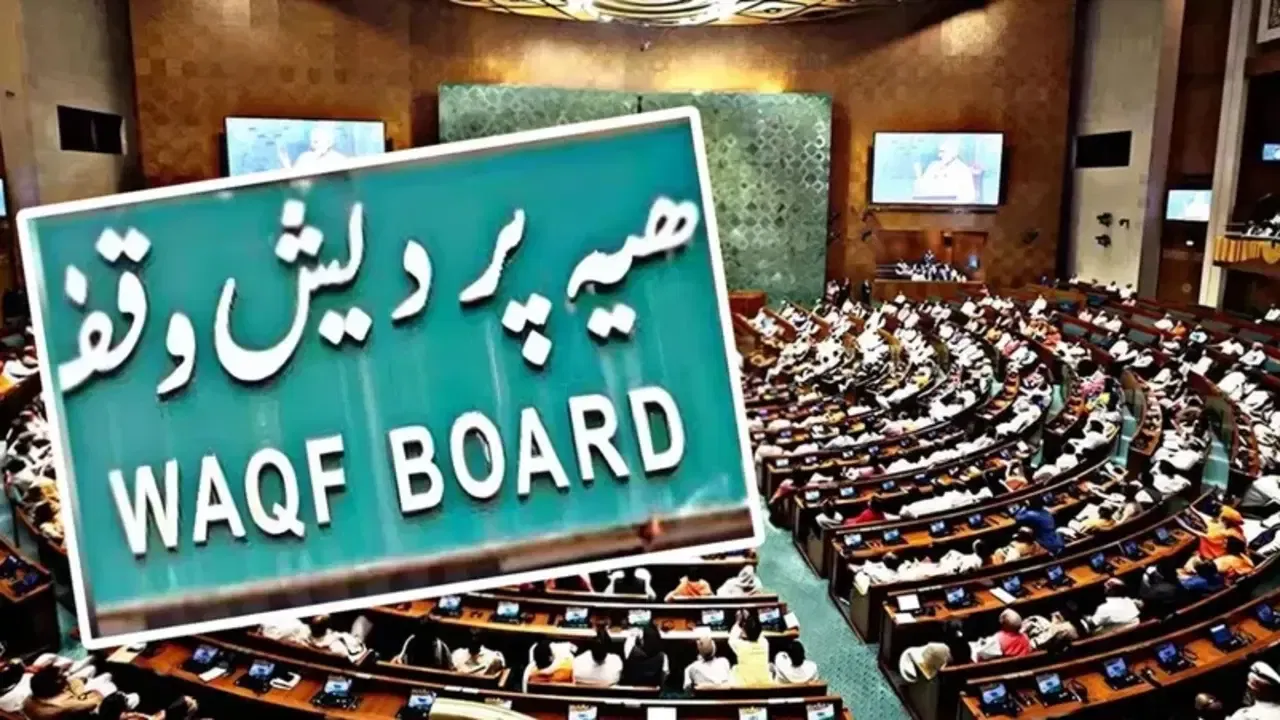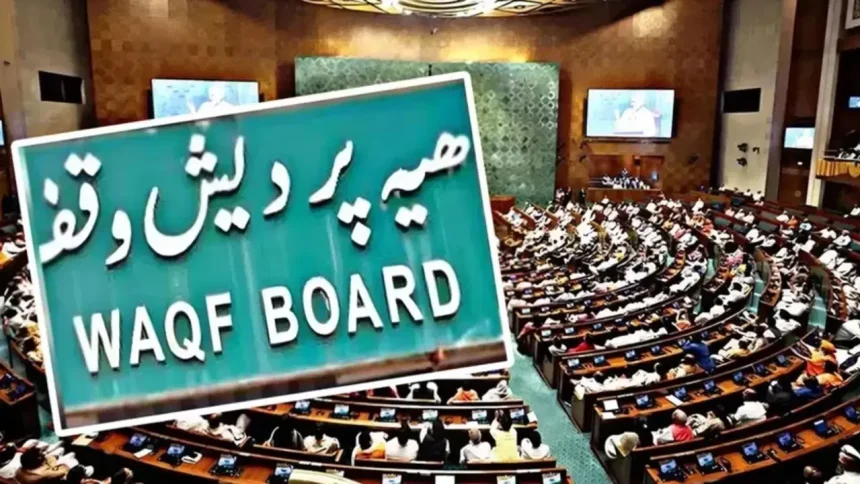
New Delhi: The central government is set to launch the UMEED portal (Unified Waqf Management, Empowerment, Efficiency, and Development) on June 6, marking a major step toward streamlining the registration of Waqf properties. All such properties must be registered within a six-month window, failing which they may be treated as disputed and referred to a tribunal.
Under the updated guidelines, properties owned by women cannot be declared as Waqf, while the primary beneficiaries of Waqf assets are expected to be women, children and economically disadvantaged groups. Registrations will require detailed descriptions of each property, including dimensions and geo-tagged locations. The responsibility for overseeing the registration process lies with the respective State Waqf Boards.
Waqf (Amendment) Act, 2025
This initiative follows the Waqf (Amendment) Act, 2025, which received presidential assent from Droupadi Murmu on April 5 after being passed by both Houses of Parliament amidst intense discussions. The amendment modifies the original Waqf Act of 1995 to strengthen the governance and accountability of religious endowments and properties dedicated to charitable or religious causes under Islamic law.
However, the revised law has drawn legal scrutiny. Several petitions challenging the amendment have been filed in the Supreme Court, with petitioners alleging that the new provisions allow the state to “capture” Waqf properties through executive mechanisms without judicial oversight. They argue the amendments infringe upon the religious rights of Muslims and constitute unjustified interference in Islamic practices and property management.
Centre defends law
In response, the Centre has defended the law, asserting that it does not violate constitutional protections and urging the Supreme Court to dismiss the pleas. During a hearing on April 17, the court opted not to stay the implementation of the law after the government assured it would temporarily withhold certain provisions. Most recently, on May 27, the apex court directed the Centre and other concerned parties to file their responses to the ongoing challenges against the amended Act.










